According to Vietnam’s current regulations, expertising conclusions shall only become proof in court when such conclusions arise from judicial expertise activities. For expert conclusions arising not from judicial expertise, even though they are all made by the same expertise agency, they will not become evidence before the court. Is there not enough legal discrimination on this issue?!
According to the Law on Judicial Expertise 2012 of Vietnam: “Judicial expertise means that judicial expertise performers use scientific, technical and professional knowledge, means and methods to make expert conclusions regarding matters related to the criminal investigation, prosecution and trial and enforcement of criminal judgments or settlement of civil cases and matters and administrative cases when solicited by procedure conducting agencies or persons or when requested by expertise requesters specified in this Law.”
According to the Law on Judicial Expertise 2012 of Vietnam, an assessment activity will be a judicial expertise activity when the following three conditions are fully met: (i) The subject of expertise must be a judicial expert in an assessment organization or a case-based judicial expert appointed by a competent authority; (ii) The subject to be assessed must be related to criminal investigation, prosecution, trial and execution activities, related to the settlement of criminal, civil or administrative cases being handled by procedure-conducting agencies; (iii) The subject of expertise solicitation must be a competent procedure-conducting agency, a procedure-conducting person, or the subject of request for expertise is an individual, in case the agency competent to conduct procedure, the person conducting the procedure refuses in writing their request for expertise.
Thus, if a certain expertise activity only lacks one of the three conditions mentioned above, that is not a judicial expertise activity.
In the same agency conducting expertise, it is very important to determine whether an assessment is a judicial expertise or not.
Because only expert conclusions arising in judicial expertise activities become a source of evidence for use in court. As for expert conclusions that do not arise in judicial expertise activities, they have no value to be used as evidence to prove in court, but only for reference. So, the question is that within the same agency conducting expertise, what is the difference between judicial expertise and non-judicial expertise.
The only difference is in the third condition, when assessment-conducting agencies receive expertise requests from agencies, organizations or individuals that are not procedure-conducting agencies or procedure-conducting persons, that expertise is not a judicial expertise, although that activity is still carried out by the assessor according to the same assessment process with the same technical equipment as the judicial expertise.
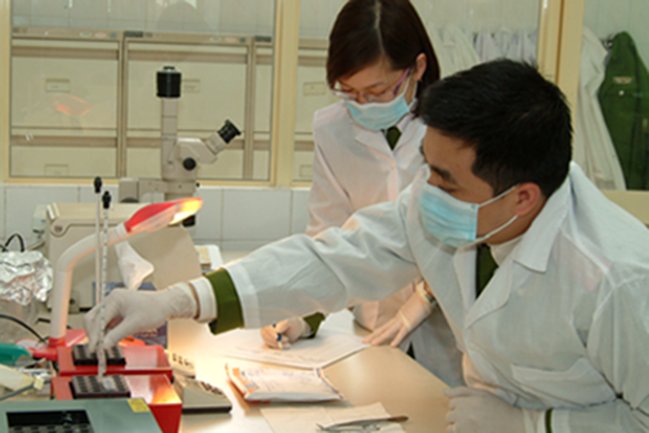
According to Decree No. 85/2013/NĐ-CP dated July 29, 2013 of Vietnam’s Government stipulating in detail and measures to implement the Law on Judicial Expertise 2012 of Vietnam (hereinafter referred to as Decree No. 85/2013/NĐ-CP), this activity is called as “extrajudicial services”. Specifically, according to Clause 1 Article 2 of Decree No. 85/2013/NĐ-CP: “The public judicial expertise organization performs its judicial expertise at the request of expertise solicitor and expertise requester as prescribed by the Law on judicial expertise and performs extrajudicial expertise services at the request of organizations and individuals.”
Thus, the legal validity of the assessment conclusions made by the same assessment organization is different. If the assessment conclusion is a product of judicial expertise, that conclusion is called a judicial expertise conclusion and is valid for use as evidence in court.
If the assessment conclusion is the product of extrajudicial services, that conclusion is not a judicial expertise conclusion, has no value to be used as evidence in court, but is for reference only.
However, the scientific value of the assessment conclusion is different from the legal value of the assessment conclusion. The scientific value of the assessment conclusion according to the order of assessment procedures in the proceedings or the expertise outside the proceedings is the same, there is no difference between them. Because the expertise of the assessors and the modern level of technical equipment are the factors that determine the scientific value of the assessment conclusions. The scientific value of the assessment conclusion does not depend on which subject solicits or requests the assessment. An inspection organization established in accordance with the law, having legal status, always builds its reputation and bears the legal consequences of its own assessment conclusions, thus, the scientific value of the assessment conclusion is always guaranteed, completely independent of who the subject of the assessment request is.
The mismatch between the legal value and the scientific value of the assessment conclusions in the current assessment activities has caused great social waste.
The same object to be assessed, made by the same assessment organization, but the assessment conclusions about that object have different legal validity when the subject requests for assessment are different.
The above regulation leads to the situation that the procedure-conducting agency does not use the previous assessment conclusions when organizations and individuals request outside-procedural expertise.
When accepting the case, the procedure-conducting agency shall again issue a decision to solicit expertise on the same object previously assessed by an organization or individual, although the assessment results are still known in advance. This waste and expense is caused by the current legal regulations on judicial expertise.
We are gradually building a modern judicial system, where all subjects, regardless of legal status, are equal in giving evidence to prove in court. At present, it is really not satisfactory to distinguish the legal validity of the assessment conclusion by the subject of the assessment request, causing great waste to society, not in line with the orientation of building a modern judiciary.
Therefore, it is necessary to amend the current law provisions so that all organizations and individuals have the right to request assessment. The assessment conclusions of the same assessment organization have the same legal validity, regardless of the matter concluded by the agency, organization or individual requested.
In order to move towards a modern, fair and progressive judiciary, it is necessary to amend the current legal provisions on judicial expertise. First, amend the Law on Judicial Expertise 2012 in the following specific directions: Amending Clause 1 Article 2 of the Law on Judicial Expertise 2012: “Judicial expertise means the use of knowledge, means and scientific, technical and professional methods by a judicial expert to make professional conclusions on issues at the request of expert solicitors”.
If the concept of judicial expertise is revised as above, it will completely overcome the limitations that cause social waste in current judicial expertise activities. That is, an activity that is considered judicial expertise will no longer depend on who the subject of expertise request is and will not be restricted to only serving procedural activities. All legal entities and individuals have the right to use expert judgments to settle relevant cases, cases which are not yet necessary to be brought into the proceedings.
Concurrently, amending Clause 2 Article 2 of the Law on Judicial Expertise 2012: “Expertise solicitors include procedure-conducting agencies, procedure-conducting persons, legal entities and individuals”. It is necessary to add legal entities and individuals with the right to solicit expertise. That is, the solicitation of expertise will not be subject to restrictions. In addition to the procedural authorities, every legal person and individual has the right to solicit expertise to use the expert's conclusions to settle relevant cases when the case has not yet been brought into the proceedings. If the case is brought into the legal round, the procedure-conducting agency may use that expertise conclusion to settle the case or may call for re-examination if it finds that the previous expertise solicitation has not been objective. The expansion of the subjects entitled to solicit expertise is very necessary, in line with the modern judicial system, where everyone has equal rights to produce evidence to prove. If the above scope of subjects is expanded, it will no longer distinguish the procedures between "request for expertise" and "request for expertise" as at present. The removal of boundaries, regardless of expertise in proceedings and expertise outside of proceedings, is of great significance. At that time, all assessment conclusions of judicial expertise organizations have the same legal validity, regardless of who is the subject of the request for expertise.
The core value of the assessment conclusion is the scientific value of that conclusion.
When there is a similarity between the scientific value and the legal value of the assessment conclusion, the barriers related to the assessment will be removed, creating all favorable conditions so that all organizations and individuals are equal before the law and have equal rights when presenting evidence to the court through the assessment conclusion. Amending the law on expertise in the above direction will really contribute towards building a modern judiciary, in line with the general development trend of the progressive human justice system.
Source: People’s Court Magazine
- Key word:
- Law on Judicial Expertise 2012
 Article table of contents
Article table of contents
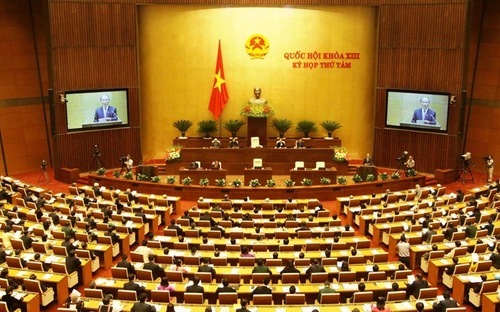

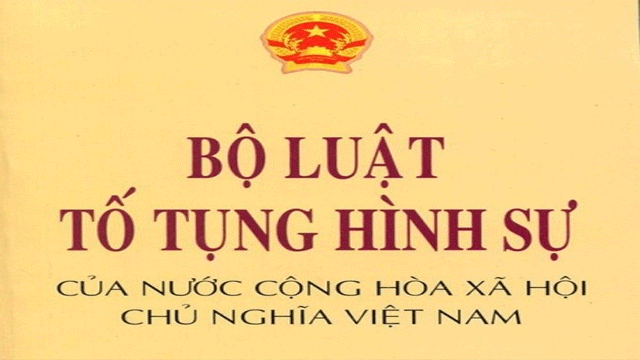

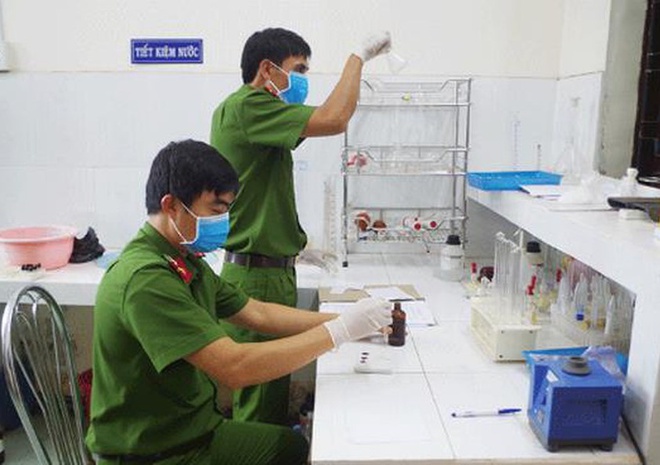

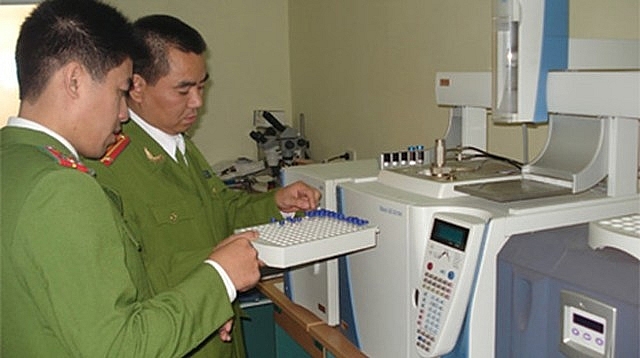
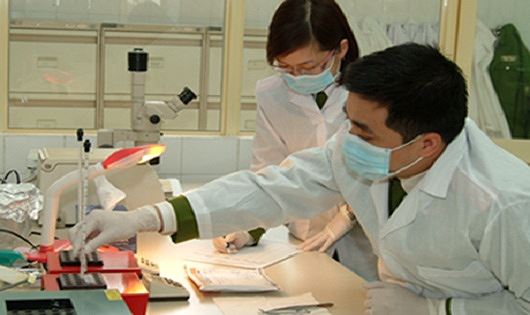
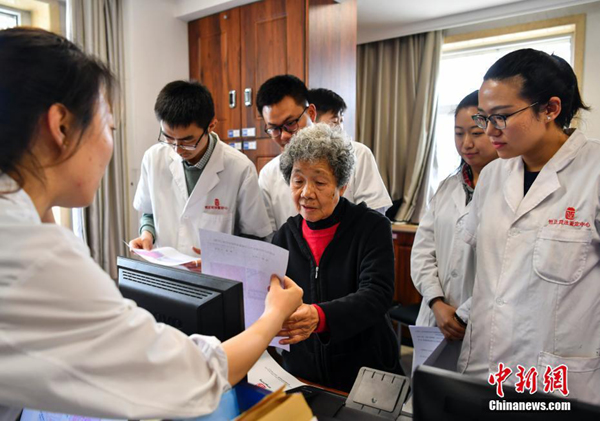

.Medium.png)
.Medium.png)
.Medium.png)
.Medium.png)
